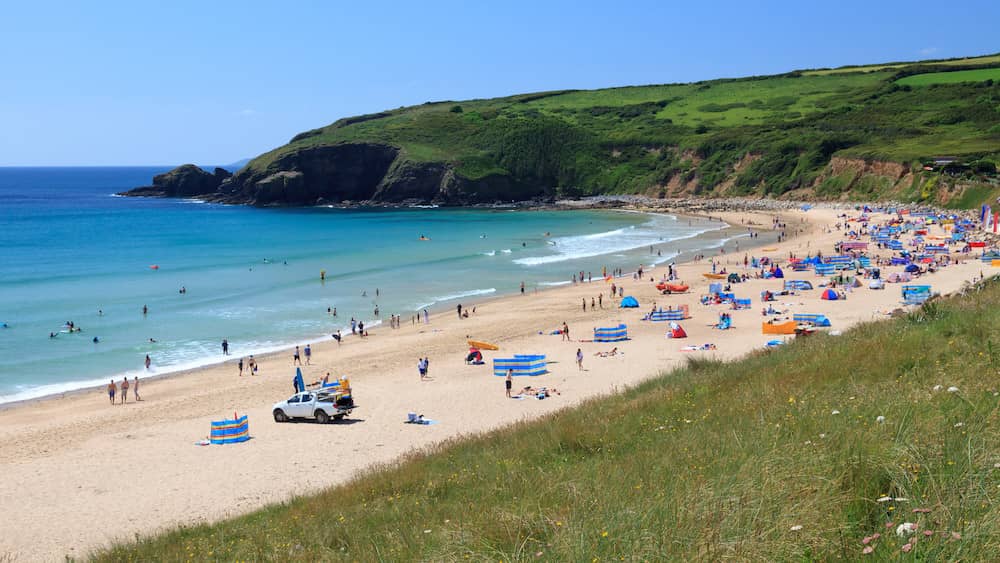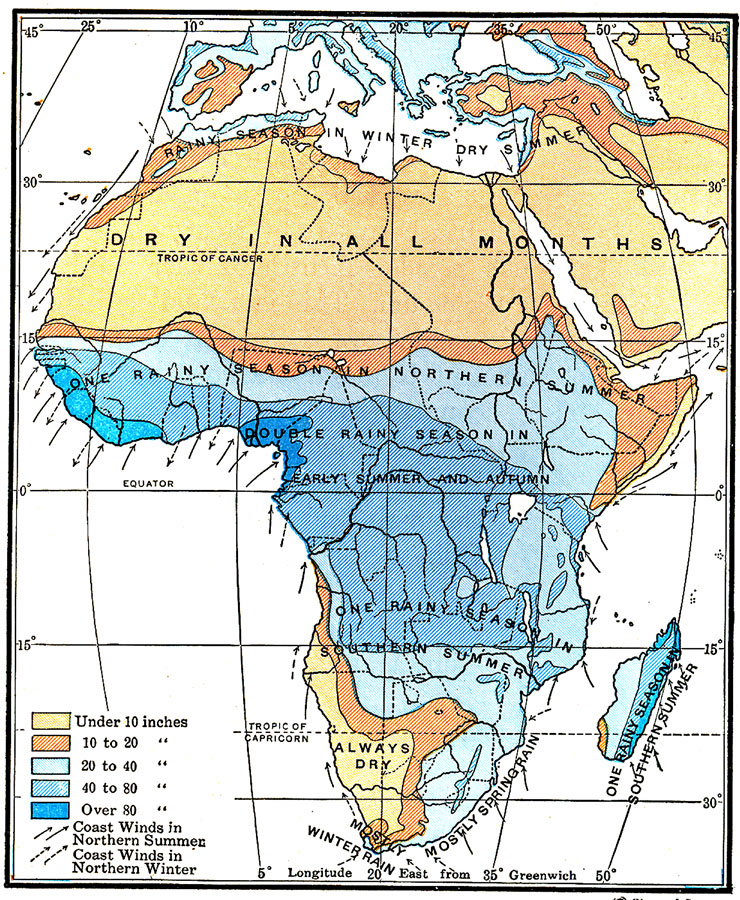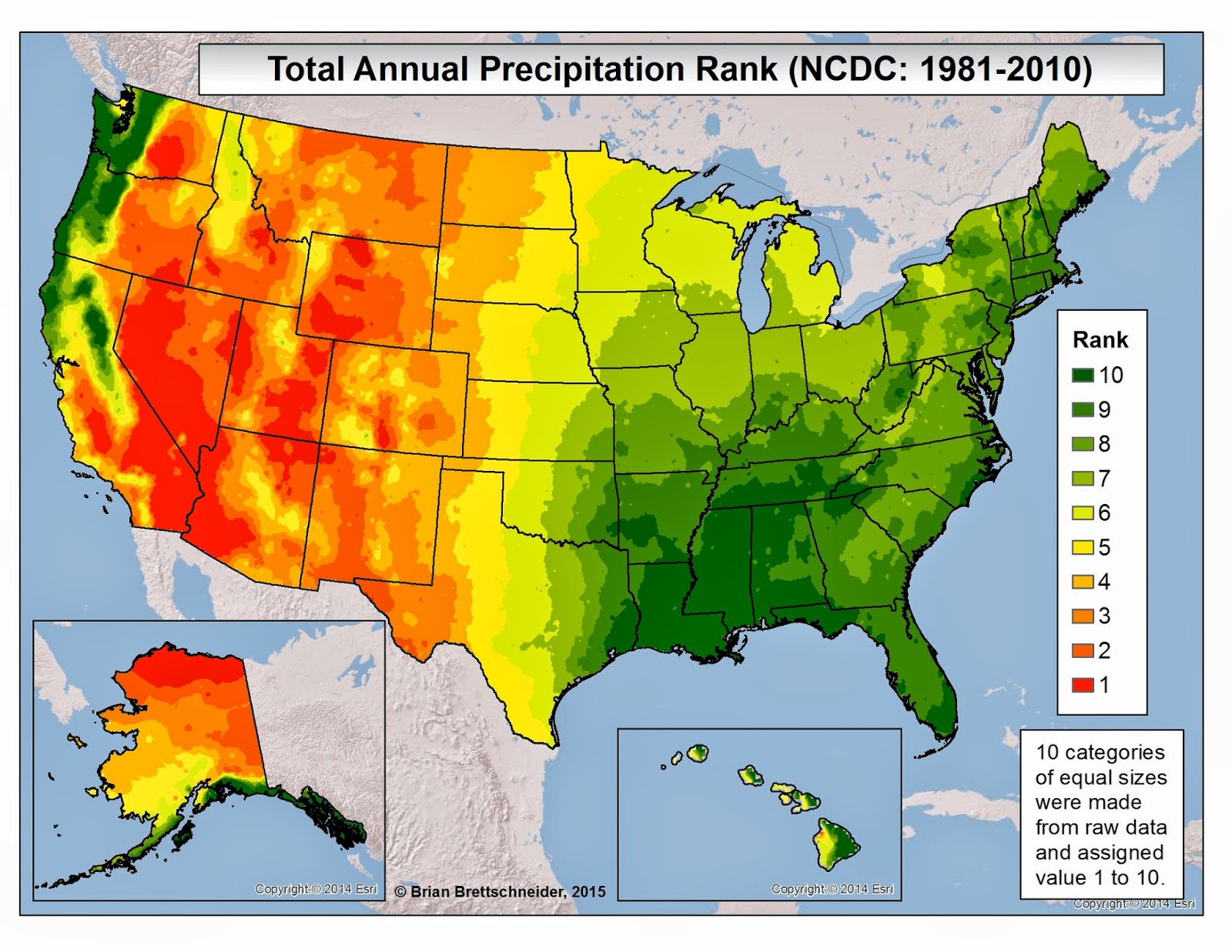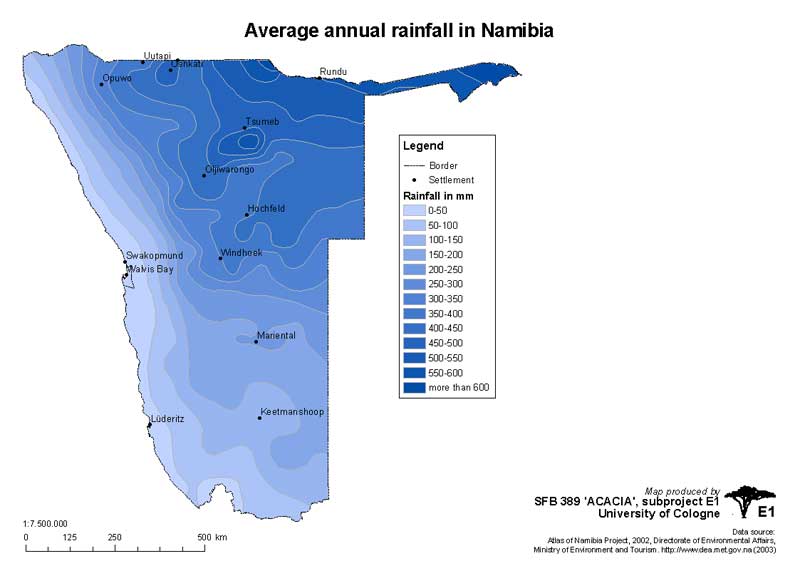Average Annual Rainfall In Sabi Sands
Average Annual Rainfall In Sabi Sands - The best time to visit sabi sands is during winter, which is also considered the ‘low season’. Each season has its benefits. Sabi vs other private reserves. Web weather forecasts for sabi sands game reserve (mpumalanga) show in fahrenheit. Web the weather is warm, cool in the evenings and with little to no rain at that time of year, the bush is less dense and there is. It is seemingly always sunny at the sabi sands reserve. Web free long range weather forecast for sabi sands game reserve, mpumalanga. Web the average annual temperature is 60 degrees fahrenheit / 16 degrees celsius with an average rainfall of 33.6 inches / 85.3. The summer season begins with. Web the late winter months of september and october are often very warm with scattered rainfall.
Web which is the coldest month in sabi sands game reserve? Web annual rainfall is 33.7in, with a minimum of 0.3in in june and a maximum of 7.1in in january. The sabi sands is a private game reserve. Sabi vs other private reserves. Web sabi sands game reserve extended forecast with high and low temperatures. Web the average annual temperature is 60 degrees fahrenheit / 16 degrees celsius with an average rainfall of 33.6 inches / 85.3. Web free long range weather forecast for sabi sands game reserve, mpumalanga. The sabi sand private game reserve shares a 50km unfenced border with kruger. Web weather forecasts for sabi sands game reserve (mpumalanga) show in fahrenheit. Web the weather is warm, cool in the evenings and with little to no rain at that time of year, the bush is less dense and there is.
Web the weather is warm, cool in the evenings and with little to no rain at that time of year, the bush is less dense and there is. The summer season begins with. Web which is the coldest month in sabi sands game reserve? Web weather forecasts for sabi sands game reserve (mpumalanga) show in fahrenheit. The sabi sand private game reserve shares a 50km unfenced border with kruger. Web sabi sands game reserve extended forecast with high and low temperatures. The sabi sands is a private game reserve. The coldest month is july with an average maximum temperature of. The best time to visit sabi sands is during winter, which is also considered the ‘low season’. Web the late winter months of september and october are often very warm with scattered rainfall.
Annual average weather for Praa Sands Beach, Cornwall, United Kingdom
Web annual rainfall is 33.7in, with a minimum of 0.3in in june and a maximum of 7.1in in january. Web free long range weather forecast for sabi sands game reserve, mpumalanga. Web the late winter months of september and october are often very warm with scattered rainfall. Calendar overview of months weather forecast. Web reports & summaries.
2015 WA Agribusiness Crop Updates Adaption key to changing climate
2 mph ↑ from northeast. Web annual rainfall is 33.7in, with a minimum of 0.3in in june and a maximum of 7.1in in january. Each season has its benefits. The coldest month is july with an average maximum temperature of. Sabi vs other private reserves.
Sabi Sands Game Reserve
Web the late winter months of september and october are often very warm with scattered rainfall. Web free long range weather forecast for sabi sands game reserve, mpumalanga. Web the graph shows the evolution of oklahoma's precipitation history since the modern record began in 1895. Web sabi sands game reserve extended forecast with high and low temperatures. The summer season.
Rainfall Banglapedia
It is seemingly always sunny at the sabi sands reserve. Web reports & summaries. Each season has its benefits. Web the late winter months of september and october are often very warm with scattered rainfall. The coldest month is july with an average maximum temperature of.
Annual Rainfall in Africa
Web weather forecasts for sabi sands game reserve (mpumalanga) show in fahrenheit. 2 mph ↑ from northeast. The best time to visit sabi sands is during winter, which is also considered the ‘low season’. Web sabi sands game reserve extended forecast with high and low temperatures. Web reports & summaries.
GrangeoverSands climate Average Temperature, weather by month
Sabi vs other private reserves. Web the average annual temperature is 60 degrees fahrenheit / 16 degrees celsius with an average rainfall of 33.6 inches / 85.3. Web the late winter months of september and october are often very warm with scattered rainfall. The summer season begins with. Web sabi sand game reserve.
Indian states by average annual rainfall (in mm) IndiaNonPolitical
Web annual rainfall is 33.7in, with a minimum of 0.3in in june and a maximum of 7.1in in january. Calendar overview of months weather forecast. The summer season begins with. Each season has its benefits. The coldest month is july with an average maximum temperature of.
APT03 Badkamer
Each season has its benefits. Web sabi sand game reserve. From january to april the climate. Calendar overview of months weather forecast. Web which is the coldest month in sabi sands game reserve?
Brian B.'s Climate Blog Dreary Weather
Web sabi sands game reserve extended forecast with high and low temperatures. Web the graph shows the evolution of oklahoma's precipitation history since the modern record began in 1895. Web the late winter months of september and october are often very warm with scattered rainfall. The coldest month is july with an average maximum temperature of. Web sabi sand game.
The Summer Season Begins With.
2 mph ↑ from northeast. Web weather forecasts for sabi sands game reserve (mpumalanga) show in fahrenheit. Web reports & summaries. Sabi vs other private reserves.
Web The Weather Is Warm, Cool In The Evenings And With Little To No Rain At That Time Of Year, The Bush Is Less Dense And There Is.
It is seemingly always sunny at the sabi sands reserve. Web the late winter months of september and october are often very warm with scattered rainfall. Web sabi sands game reserve extended forecast with high and low temperatures. Each season has its benefits.
Web Sabi Sand Game Reserve.
The coldest month is july with an average maximum temperature of. The best time to visit sabi sands is during winter, which is also considered the ‘low season’. Web the average annual temperature is 60 degrees fahrenheit / 16 degrees celsius with an average rainfall of 33.6 inches / 85.3. From january to april the climate.
Web Free Long Range Weather Forecast For Sabi Sands Game Reserve, Mpumalanga.
The sabi sands is a private game reserve. The sabi sand private game reserve shares a 50km unfenced border with kruger. Web annual rainfall is 33.7in, with a minimum of 0.3in in june and a maximum of 7.1in in january. Web the graph shows the evolution of oklahoma's precipitation history since the modern record began in 1895.
